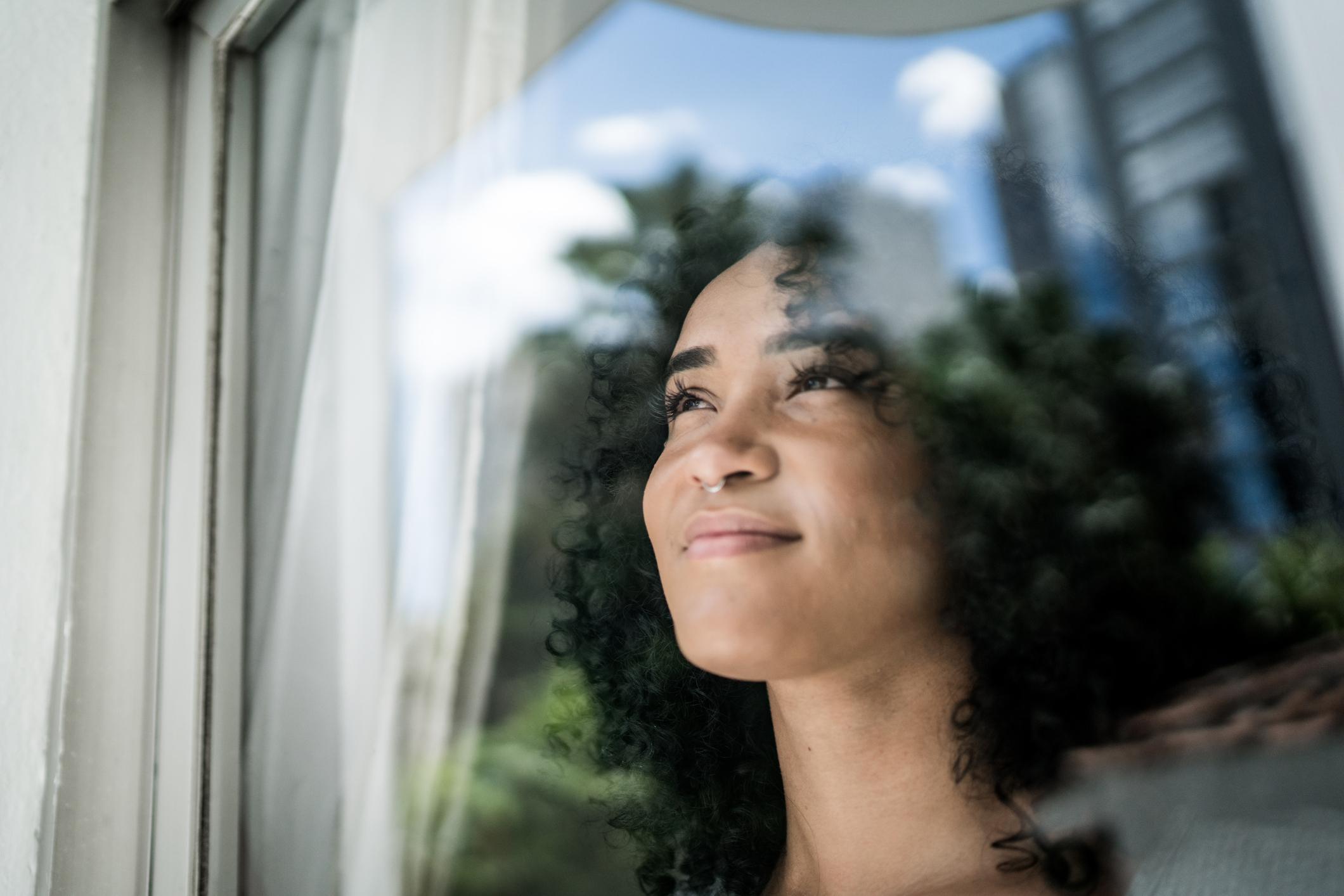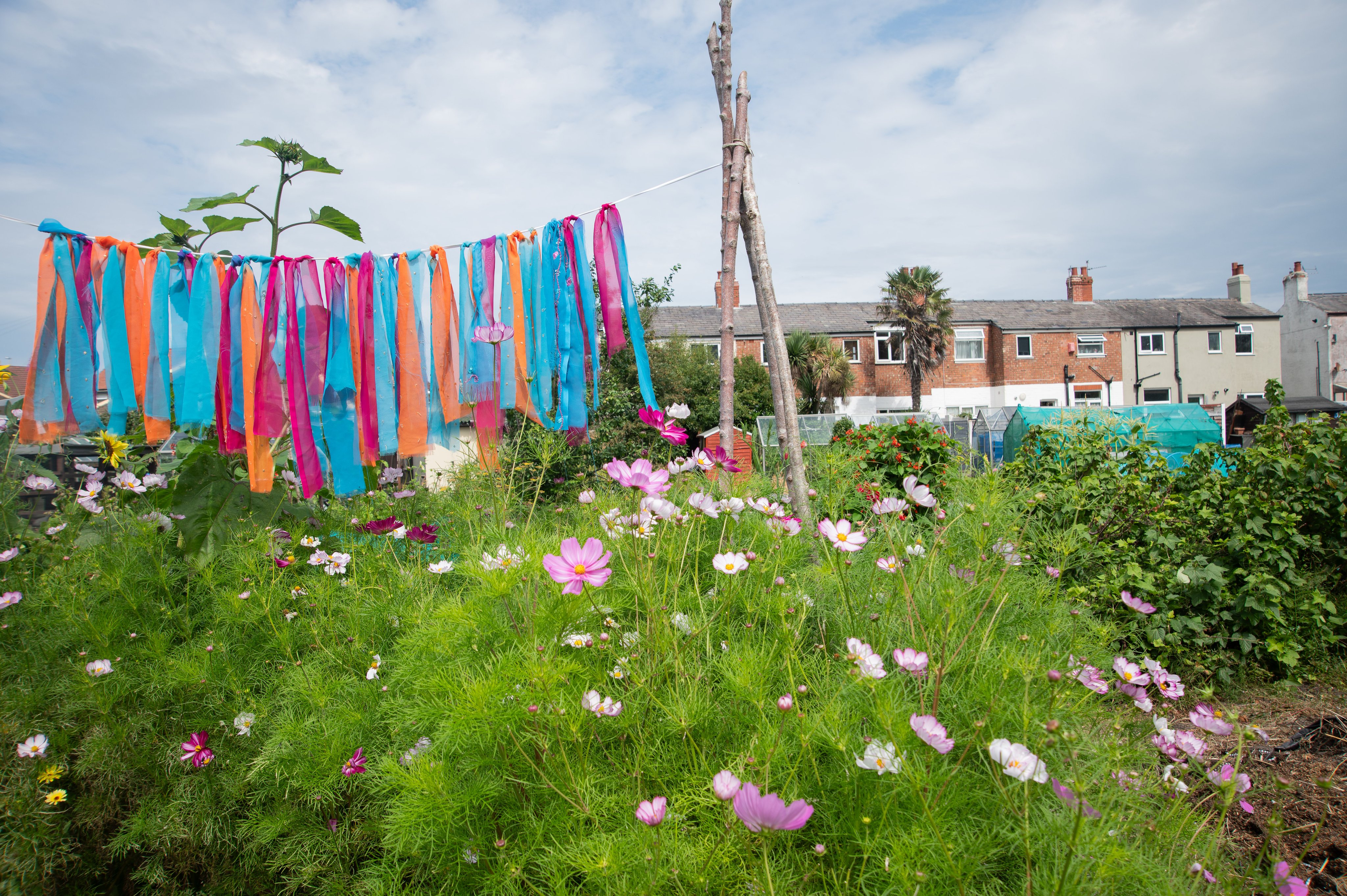
Social imagination goes hand in hand with personal responsibility
When we think that problems are too huge and impenetrable to change, we defer our problem-solving. Now is the time to zoom in and ask ourselves how the systemic plays out within us on a personal scale.
Now is not the time for social imagination; it is always the time. It is as urgent to imagine possibilities and practices beyond our current paradigm now as it always has been. And we can no longer afford to rest on our laurels.
When Adrienne Maree Brown spoke of society as engaged in an imagination battle, she said “Imagination gives us borders, gives us superiority, gives us race as an indicator of ability. I often feel I am trapped inside someone else’s capability. I often feel I am trapped inside someone else’s imagination, and I must engage my own in order to break free.” I think about this often, particularly in the face of compounding crises – whose imagination do we live inside of right now and how can we grow capacity to move beyond that, into more embodied, regenerative, relational ways of being?
My work across projects and organisations points to this enquiry, from organising around land justice, to designing abolitionist spaces, to investing in the transformative possibilities of Black imaginations and artists, to building community infrastructure and mutual aid process at neighbourhood level. I believe it is our task to affirm life, to be good stewards, to share resources and to be in deep and meaningful relationships inside of these ecosystems. Instead, our lives and our land are scarred from the brute forces of domination and corruptions of power.
Trapped in someone else's imagination
As poor, Black, People Of Colour, disabled and queer folks, we know too well what it is to live and be harmed inside of these oppressive systems birthed and shaped by the dominant imagination: white supremacy and capitalism, as examples. We have known for generations that radical collective imagination has been our primary tool – we call it survival; when I say radical, I mean it in its etymological sense - from the Latin word ‘rooted’ - meaning imaginations that understand the root causes of these oppressive systems. Our communities have inherently recognised the task of imagination working together with subsequent action as a collective endeavour. So here is where we must begin in our understanding of what is needed and what is possible.
In the 1960s, my migrant Grandparents came to the UK and, like many racialised migrants who were invited to build this country, they were blocked from accessing adequate housing, support, or opportunity. In turn, they co-built structures rooted in solidarity and interdependence, such as a cooperative finance model called a ‘pardna’, when they were denied access to banking. They created house-shares, redistributed resources, shared responsibilities, cooked together and developed a community practice that knew the only way to thrive – if at all – was by working together. It is in this nature I organise, whether developing MAIA’s ‘Sites of Imagination’ work as regenerative, physical spaces in the spirit of my Grandad’s home, or amplifying the wisdoms of Black imagination with the Black Land and Spatial Justice Project, or co-creating a pardna with an investment strand with the Dwende Collective.
Ask how the system plays out within you
For too long in the global West, we have buried our heads under the sand, convincing ourselves that we’re on the right side of change while doing very little to actually practice change. Truthfully, no-one is coming to save us; and we are a very long way from the level of honesty, rigour and accountability needed. We must first start to practice this in our interpersonal encounters.
We jump straight to “we cannot change this huge impenetrable system because it’s too big” and defer problem-solving to the future rather than zooming in and asking ourselves “how does the systemic play out within me”. We cannot fall prey to the idea that the systems we’re fighting against only exist outside of the room we’re in. We reflect patterns in the systems, and they reflect patterns in us. Can we think about social imagination in alignment with our personal responsibility? Can we recognise that everything is connected; that we must practice and model change for it to manifest structurally around us? Can we deeply tune in to an approach that centres Audre Lorde’s words, “there is no such thing as single-issue struggle, because we do not live single-issue lives”?
The risk of stagnation – of not being politically and philosophically brave – is literally a matter of life and death. We cannot afford complacency, which means we’ve got to get very specific about what we’re for.
As Covid-19 devastated our already heartbroken planet, our society became awakened and heightened to the impacts of what happens when we live inside the imagination of those maintaining power and the status quo. This has only exacerbated since. We are currently amidst geopolitical war, ever-widening disparity, increasing poverty and so much more.
As this understanding of imagination emerges and grows along with its urgency, so does the field of people working to create things that manifest change. At MAIA, we call them artists. What if growing the field of imagination practitioners was an act of solidarity with each other? If collective social imagination requires us to reject limitations on who gets to imagine, then we must acknowledge the idea that nobody is disposable, and actively place people with lived experience of oppression in all its guises at the centre of this work.
Now is the time
Now is the time to get organised, specific, mobilised. But let’s be clear – we must be considered in the horizons we’re striving for. This isn’t utopia. Utopia, like ‘futures’ can create capacity for deflection, shifting the challenges and potential solutions of our time elsewhere. Utopia creates distance that prevents us from being pragmatic; prevents us from doing. What if we stop striving for utopia and acknowledge that our destination is not a fictional place, but one that exists in the everyday, the difficult, but the ever hopeful?
This is why, more than ever, the time for collective dreaming and social imagination is now. We need to grow, rehearse, practice and embody change. This is the work. And we must act as though everything depends on it. Because it does.

This comment is part of the imagination infrastructures topic.
Find out more about our work in this area.